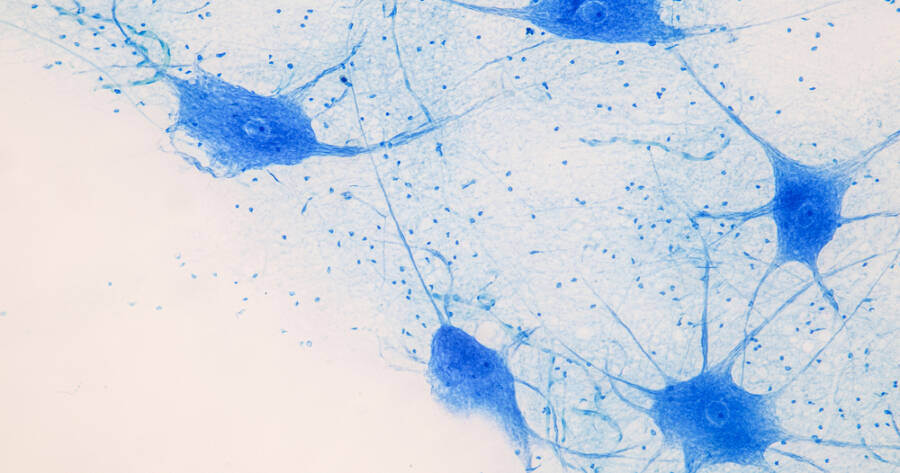If you’re concerned about Alzheimer’s, understanding its early signs and potential prevention strategies could be crucial. Alzheimer’s disease is a progressive neurological condition that affects memory, thinking, and behavior. While it’s often associated with aging, growing evidence suggests that lifestyle factors and proactive measures could play a role in reducing risk or slowing progression. From recognizing early symptoms to exploring natural prevention methods, explore what you need to know.
Early Signs of Alzheimer’s You Must Know
If you or a loved one is experiencing memory issues, it’s important to distinguish normal aging from the early signs of Alzheimer’s. While occasional forgetfulness is common, consistent patterns may signal the onset of the disease. Some key early signs include:
- Difficulty remembering recent events or conversations.
- Trouble completing familiar tasks, like managing finances or following recipes.
- Confusion with time or place, such as forgetting the day of the week or getting lost in familiar areas.
- Changes in mood or behavior, including withdrawal from social activities or increased irritability.
If these symptoms are noticeable and persistent, consulting a healthcare professional could lead to early diagnosis and intervention.
Surprising Links Between Inflammation and Alzheimer’s
Emerging research points to a connection between chronic inflammation and Alzheimer’s disease. If inflammation persists in the body due to factors like poor diet, stress, or infections, it could contribute to brain changes associated with Alzheimer’s.
Inflammation might accelerate the buildup of amyloid plaques and tau tangles, two hallmark features of Alzheimer’s. If reducing inflammation could lower this risk, adopting anti-inflammatory strategies might be a vital part of prevention.
Natural Ways to Prevent Alzheimer’s Progression
If you’re interested in natural approaches to prevent Alzheimer’s or slow its progression, several lifestyle changes could make a difference:
- Healthy Diet: A Mediterranean diet rich in fruits, vegetables, whole grains, and healthy fats has been linked to better brain health. Incorporating anti-inflammatory foods like berries, leafy greens, and nuts could help reduce risk.
- Exercise: Regular physical activity improves blood flow to the brain and may promote the growth of new neural connections.
- Sleep: Poor sleep quality is associated with cognitive decline. Ensuring adequate rest might help the brain clear toxins that contribute to Alzheimer’s.
- Cognitive Stimulation: Engaging in activities that challenge your brain, such as puzzles or learning a new skill, could help maintain mental sharpness.
Probiotics and Brain Health: Can They Reduce Alzheimer’s Risk?
If you’re exploring innovative ways to support brain health, probiotics might be worth considering. The gut-brain axis, a connection between gut health and brain function, has gained significant attention in recent years.
Certain probiotics may reduce inflammation and improve the production of neurotransmitters, potentially benefiting cognitive health. While research is ongoing, maintaining a healthy gut through probiotics or a fiber-rich diet could be an additional step toward Alzheimer’s prevention.
Resources and Grants for Alzheimer’s Prevention in the USA
If you’re seeking resources to support Alzheimer’s prevention efforts, the U.S. offers various programs and grants. Organizations like the Alzheimer’s Association provide educational materials, support groups, and access to clinical trials.
For financial assistance, programs like the National Institute on Aging (NIA) offer grants for research and community initiatives focused on Alzheimer’s prevention. Local health departments and nonprofits may also have resources available for individuals and caregivers.
Learn More About Alzheimer’s
If you’re proactive about recognizing early signs and adopting prevention strategies, you might significantly reduce Alzheimer’s risk or slow its progression. From understanding the role of inflammation to exploring natural interventions like probiotics, every step counts in protecting brain health. By tapping into resources and grants, you can access valuable support to stay informed and empowered in the fight against Alzheimer’s.




